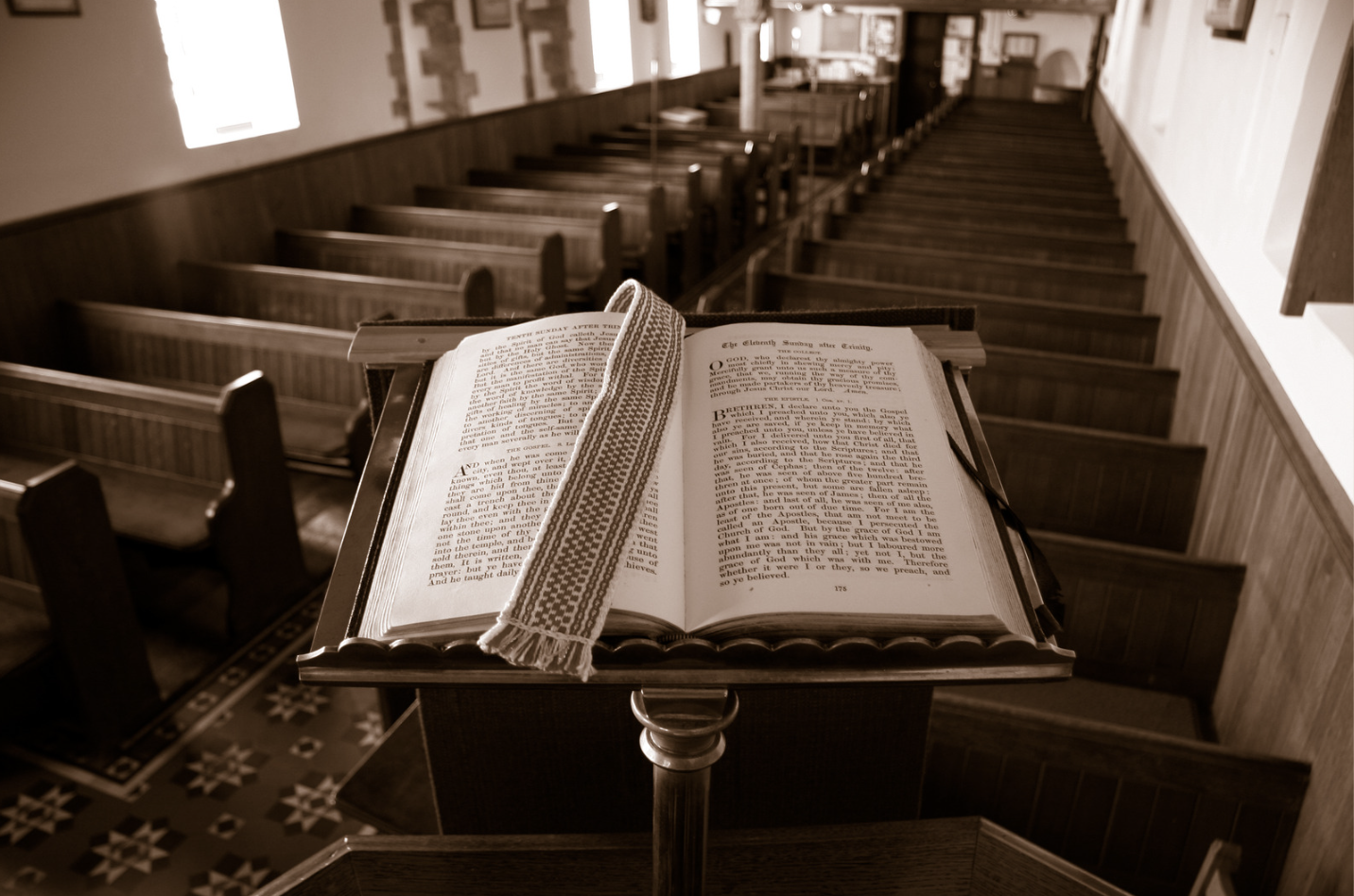Elijah was a well-known prophet in the Old Testament, triumphing over 450 prophets of Baal on Mount Carmel. God heard his prayer and sent down fire to ignite the sacrifice, and through his prayer, a three-and-a-half-year drought came to an end. However, later, he grew weak and began to flee to escape Jezebel's pursuit.
Recently, Pastor Liang in South China shared how God dealt with Elijah's weakness, encouraging Christians to confront their deficiency.
Why did Elijah suddenly become weak?
Pastor Liang said that the prophet saw the strong will of his enemy but failed to know God's will. In Jezebel's statement, "May the gods deal with me, be it ever so severely, if by this time tomorrow I do not make your life like that of one of them," Elijah ran away. Jezebel's strong will frightened Elijah, who became less powerful when he saw the strong determination of his enemy.
"The stronger one's will, the higher the likelihood of success in one's endeavors. But no one's thoughts are higher than God's thoughts," the pastor added.
God's intention was for the rebellious Israelites to turn back to Him, so even Jezebel could not hinder the fulfillment of God's purpose. When one sees that God is more powerful than the enemy, he won't fall into weakness.
Second, the prophet was unable to accept his own weakness. Elijah ran away in the face of Jezebel's strong desire to kill him. Later, he realized, "Why did I let Jezebel's words scare me?" He saw his weakness but couldn't accept it.
Christians, shaped by the grace of Jesus Christ, are not meant to be faultless, strong, or undefeated individuals. "The true gospel shapes the heart of a believer who would rely on God." But before people trust and surrender to God, they should confront their weaknesses.
How did God deal with the weak Elijah?
God presented his infinite compassion and his unfailing, powerful, and wisdom-filled love.
When Elijah fled, God didn't scold him; instead, He sent an angel twice to provide him with bread and water, telling him to eat, for he had a long journey ahead. After eating, Elijah ran to Mount Horeb, hiding in a cave. God gently conversed with him, helping him come out of the cave. Throughout the process, what was seen was God's infinite compassion.
When others are weak, our natural reaction is to easily blame and criticize them, but what they most need is compassion. When Elijah hid in the cave, God didn't say, "Elijah, why did you fall away?" but asked, "What are you doing here, Elijah?"
Liang shared that some pastors and staff workers, after stumbling in weakness, fear that God won't use them anymore and seek replacements. Liang believed that if someone is abandoned due to weakness, there's no love for that person. No matter if you've betrayed God, He never abandons you.
The unfailing love God showed to Elijah is also for us. Just as He protected and guided Elijah, He will treat us the same way. God sympathized with Elijah, but He didn't let him remain weak in faith. Instead, He taught him to rely on Him and stand again. "We think it's great to talk about love, but we don't know the connections between love and power, yet Scripture tells us that love is the most powerful," he continued.
The pastor said, "Many times, we are weak and can't draw upon the strength of faith to face challenges in the world because we don't use love, the most powerful weapon. Perfect love casts out all fear; Elijah's fear was removed within God's love."
Both wisdom and love come from God, and the more love we have, the more wisdom we possess. Many times, we resort to improper methods because our love is insufficient. God saves us because of love. Not because we have gifts or talents, so He put us in the church to make it shine. God says, "I save you simply because I love you," which gives us immense comfort.
How do we face our weaknesses?
When Elijah was weak, initially his servant accompanied him. Later, he left the servant at Beersheba, and God was always with him, facing his weakness together. Liang reminded us that we can confront our weaknesses because our Lord is with us, with guidance and shelter.
Why did God permit Jezebel's words to frighten Elijah? Because God wanted to shape Elijah. He knew Elijah didn't know how to face his weakness. Thus, he wouldn't be able to be used by God and instruct many students, as those who cannot accept their failures find it hard to accept and counsel others' failures.
We magnify weakness too much, often focusing on weakness rather than His powerful grace, resulting in despair. Some weaknesses might never change in a lifetime, like nearsightedness, short stature, or poor interpersonal skills. We should accept that we might be different from others in some aspects, knowing that God's grace is sufficient for us.
If a person can perform well or testify for God, it is not out of himself but from God's love. Pastor Liang encouraged Christians to excel in their work, families, and children's education to attract people to Christ.
However, we can’t boast of our success. It is dangerous to focus on achieving success and being satisfied, just like the Israelites depending on Egypt. God told them that Egypt was like a splintered reed of a staff, which pierced a man's hand and wound him if he leaned on it. Liang emphasized that it is acceptable to rely on God while diligently striving for success, but relying on success is misplacing priorities.
- Translated by Abigail Wu












